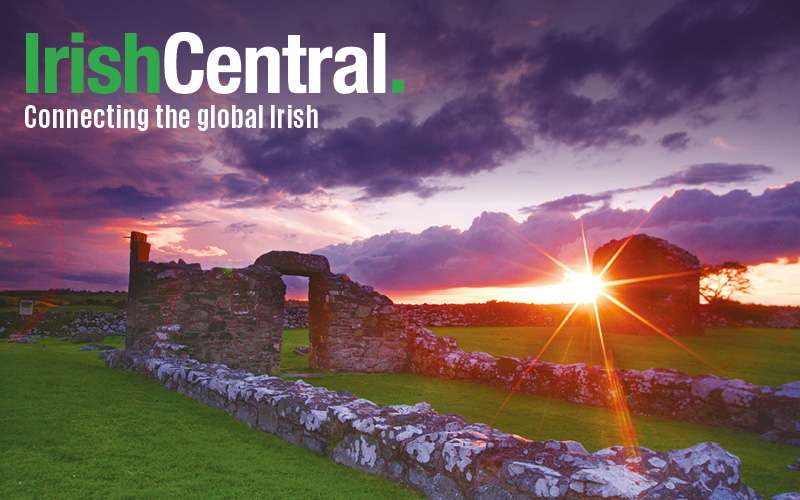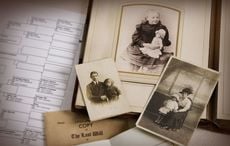Barely one month into the job, the new US Attorney General with the Irish surname has made a name around the world. The ascent of ‘one of our own’ to the pinnacle of power in the USA always excites the Irish media.
Take Martin O’Malley, governor of Maryland, who in late May announced his intention to run for president in 2016. With Irish roots and a sideline playing Irish music, O’Malley is guaranteed to feature often in the Irish media in the coming year.
Shortly after being elected Mayor of Boston, Marty Walsh made a ten-day tour of Ireland. His parents had emigrated from Connemara in the West of Ireland in the 1950s, and Marty was heartily embraced by media and politicians alike.
Although Loretta Lynch has enjoyed a stunning first month in power, the Irish media haven’t really embraced her. The Irish media (and society at large) get a little flustered about black people with Irish names.
During her first month in office as US Attorney General, Loretta Lynch announced that four US banks had agreed to plead guilty to felony charges for manipulating global currency markets, and paid billions of dollars in fines.
She followed that by announcing an indictment against world soccer body FIFA, resulting in the arrest of several high-ranking officials. Ms. Lynch had been leading the investigation for several years prior to becoming Attorney General. In the last few days, international media hailed her as the new hero of the world’s most popular sport. The Times of London headline read: ‘Loretta Lynch surpasses Lionel Messi as the most popular name in football.’
So despite the fact that Loretta joins Marshawn Lynch as one of the best-known Americans, it’s not our instinct in Ireland to claim her as Irish in the same way we claim Martin O’Malley or Marty Walsh.
While there was some intermarriage between Irish immigrants and Africans sold into slavery in the Caribbean and US, many black Americans with Irish names got those names from their Irish slave masters. That doesn’t sit well with the idea that we Irish are victims of history: we’re always the colonized, never the colonizer.
From the mid-1600s, as the merchant Lynches lost control of Galway along with the other ‘tribes of Galway,’ they headed west, first to the Caribbean and then to the southern states of the US – long before the waves of emigration of the 19th and 20th centuries. (There are plenty of stories circulating on the Internet about how the Irish became ‘slaves’ in the Caribbean, but these are nonsense. Many Irish did travel as indentured servants – a far cry from slavery.)
Many Lynches who started out as planters in the Caribbean pushed on Virginia and the other southern states in the 18th century. It’s from one of these clans that the term ‘lynching’ came into being, as a term for summary justice.
So there’s a certain irony – and hope – that a black American woman named Lynch has risen to power as Attorney General of the USA. Most people no longer called summary justice ‘lynching’, but search for the term ‘modern-day lynching’ and you’ll find plenty of incidents.
Although she’s known for taking on corporate fraud, Loretta Lynch has also taken on police brutality, successfully prosecuting New York police officers for the 1997 assault of Haitian immigrant Abner Louima.
In 1997 few Americans might have guessed that black Harvard-educated legal professionals – with distant Irish connections – would be occupying both the White House and office of Attorney General in 2015.
As soon as Barack Obama announced he was running for president, Irish genealogists started digging away to find an Irish connection – and several years later we welcomed President Obama back to his ‘roots’ in Moneygall, Co. Offaly. So, let’s welcome Martin O’Malley as one of our own, sure – but let’s welcome Loretta Lynch as an Irish hero too.
* Dr Ronan Lynch is author of "Lynch: History, myth and legend."
Ronan Lynch is a writer and historian. He works as an editor with the Lafferty Group in Westport, Co. Mayo. His previous work includes “The Kirwans of Castlehacket, Co. Galway: History, folklore and mythology in an Irish horseracing family”, published by Four Courts Press.
You can also read more on the book’s Facebook page here.




Comments